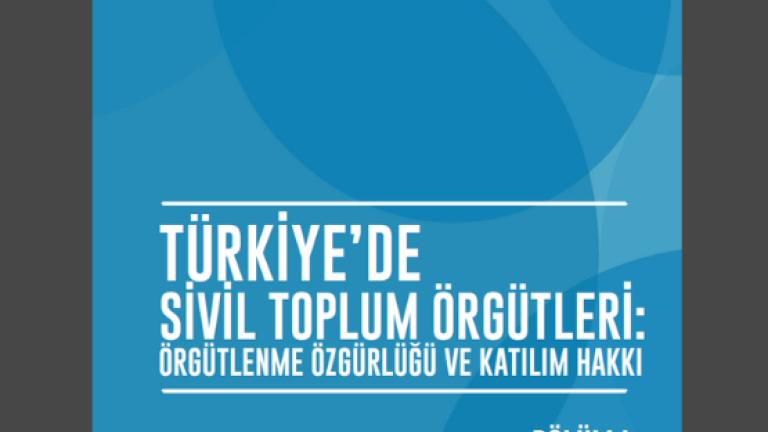
The report, prepared by the NGOs Law Expert Council, classifies negative stigma towards civil society organisations on the basis of a survey study covering CSOs in 31 member states of the Council of Europe as well as CSOs in the Russian Federation and Belarus.
Participants in the study cited restrictive laws, the lack of effective legal protection, smear campaigns in the media, physical attacks on CSO leaders and members, limited access to public funds and the exclusion of CSOs from decision-making processes as policies and practises that lead to or facilitate the stigmatisation of CSOs.
While it is stated that restrictions on CSOs can occur for a variety of reasons, it was indicated by study participants that the Financial Action Task Force (FATF) recommendations regarding Turkey were used as justification for discrimination against human rights defenders.
The report, which focuses on the negative stigmatisation of CSOs operating in Europe, also benefited from our report "Civil Society Organizations in Turkey: Freedom of Association and the Right to Participate", which we published as part of our Freedom of Association Monitoring Project.
About the International Conference of NGOs of the Council of Europe
The International Conference of NGOs of the Council of Europe is the representative body of the international CSOs that have participatory status in the Council of Europe. The Council of Experts on NGO Law conducts thematic and country-specific studies on the legislation and practise of CSOs that pose a problem of compliance with international standards, in particular the European Convention on Human Rights and Recommendation (2007) 14 on the legal status of CSOs in Europe. Its work covers 46 member states of the Council of Europe and Belarus.




